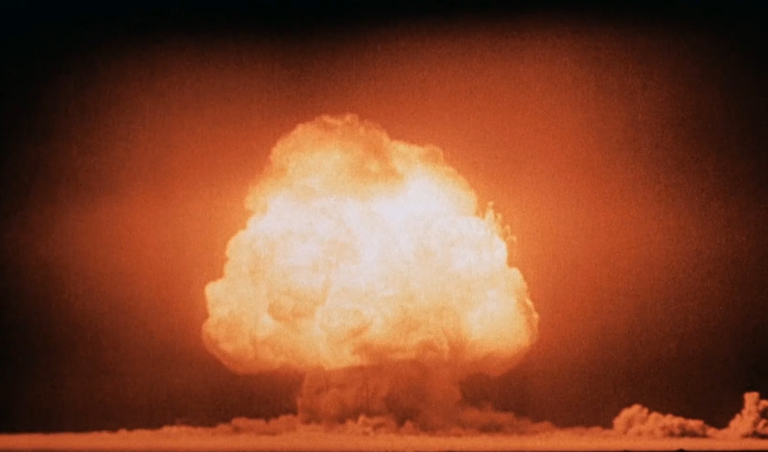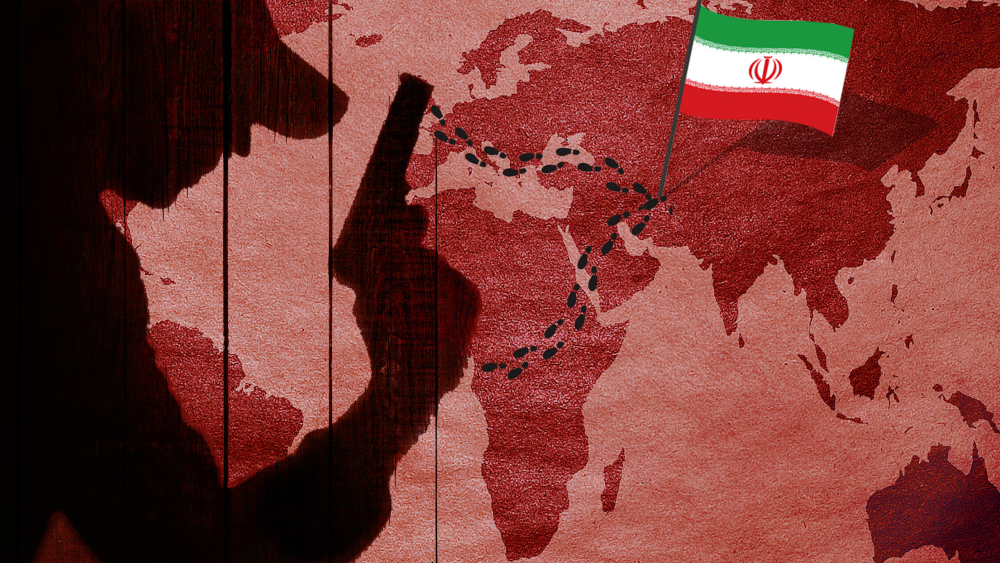
Experts Question Legality
Washington, D.C. — President Donald Trump sparked global controversy this week after declaring he had left instructions for the U.S. to “obliterate” Iran if he were assassinated by operatives linked to Tehran. The remarks, made during the signing of an executive order reinstating his “maximum pressure” campaign against Iran, raised alarms about the feasibility and legality of such a posthumous directive.
The Threat and Its Context
During a press event on February 4, Trump stated: “If they did that, they would be obliterated. That would be the end. I’ve left instructions. If they do it, they get obliterated. There won’t be anything left.” He framed this as a deterrent against alleged Iranian assassination plots, referencing a 2024 Justice Department indictment of an Iranian national, Farhad Shakeri, accused of planning to survei and kill Trump on behalf of the Islamic Revolutionary Guard Corps (IRGC).
The threat comes amid heightened tensions following Trump’s 2020 drone strike that killed Iranian General Qassem Soleimani, a revered figure in Iran. Tehran has repeatedly vowed retaliation, and U.S. intelligence agencies have tracked multiple alleged Iranian plots against Trump and former officials like Mike Pompeo and John Bolton.

Executive Order and “Maximum Pressure” Strategy
Trump simultaneously signed an executive order to intensify economic sanctions, aiming to reduce Iran’s oil exports to zero and enforce a “snapback” of U.N. sanctions.
The order directs the Treasury and State Departments to target entities violating existing sanctions, including shipping and insurance sectors.
While specifics of the order remain undisclosed, Trump claimed it would “neutralize Iran’s terrorist network” and prevent nuclear weapon development.
Critics, however, note that his prior “maximum pressure” campaign during his first term failed to curb Iran’s nuclear advancements, instead accelerating uranium enrichment to near-weapons-grade levels.

Legal and Strategic Skepticism
Experts dismissed Trump’s “dead man’s switch” claim as legally unenforceable. Under U.S. law, a president cannot bind their successor to military action. If Trump were assassinated, Vice President J.D. Vance would assume office and retain sole authority over defense decisions.

Analysts compared Trump’s remarks to the U.K.’s “letters of last resort”—secret nuclear strike instructions given to submarine commanders—but emphasized that no such mechanism exists in the U.S. system.
Iranian officials dismissed the threats as “propaganda,” while state media praised Trump’s cuts to U.S. foreign aid, claiming it weakened pro-democracy activists opposing the regime.
Meanwhile, Iran’s currency plummeted to a record low of 850,000 rials per dollar, reflecting economic instability exacerbated by sanctions.
Domestic and International Reactions
- Mixed Responses: Social media reactions ranged from dark humor to conspiracy theories, with figures like Alex Jones suggesting the threat could be exploited by a “deep state” to frame Iran for a hypothetical Trump assassination.
- Diplomatic Signals: Despite tensions, Iran’s Supreme Leader Ayatollah Ali Khamenei has cautiously left the door open for negotiations, while reformist President Masoud Pezeshkian urged moderation in domestic crackdowns.
- Regional Implications: Gulf allies like Saudi Arabia and the UAE, once staunch supporters of Trump’s sanctions, have recently pursued détente with Iran, complicating U.S. efforts to isolate Tehran.
Historical Precedent and Risks
Trump’s rhetoric echoes his 2020 vow to respond to Iranian aggression with disproportionate force.However, military action—whether conventional or nuclear—risks escalating into a broader conflict. Israel, which has destroyed much of Iran’s air defenses, could see an opening for strikes on nuclear facilities, though experts warn this might destabilize the region further.
While Trump’s threats underscore his confrontational approach to Iran, their practical impact remains dubious. The administration’s renewed sanctions may deepen Iran’s economic crisis but are unlikely to halt its nuclear program without diplomatic engagement. As one Iranian analyst noted, “The world has seen this movie before—maximum pressure failed once. Why would it work now?”
Trump Threatens Iran with “Obliteration” in Response to Assassination Plots (Feb. 5, 2025)